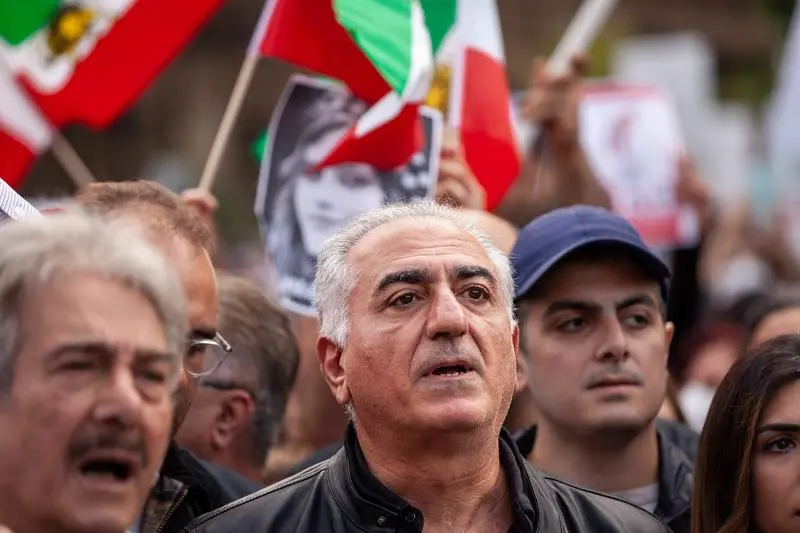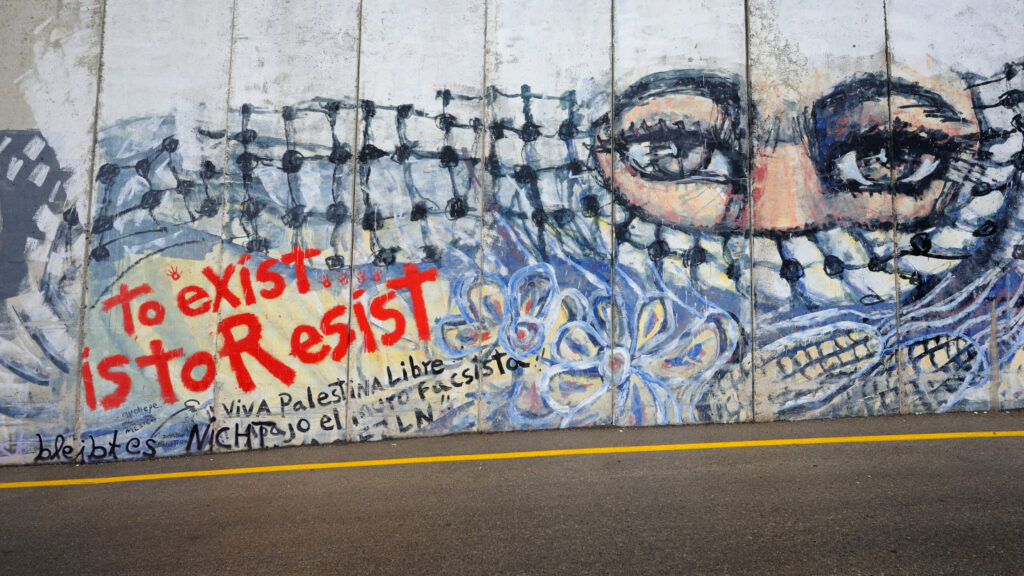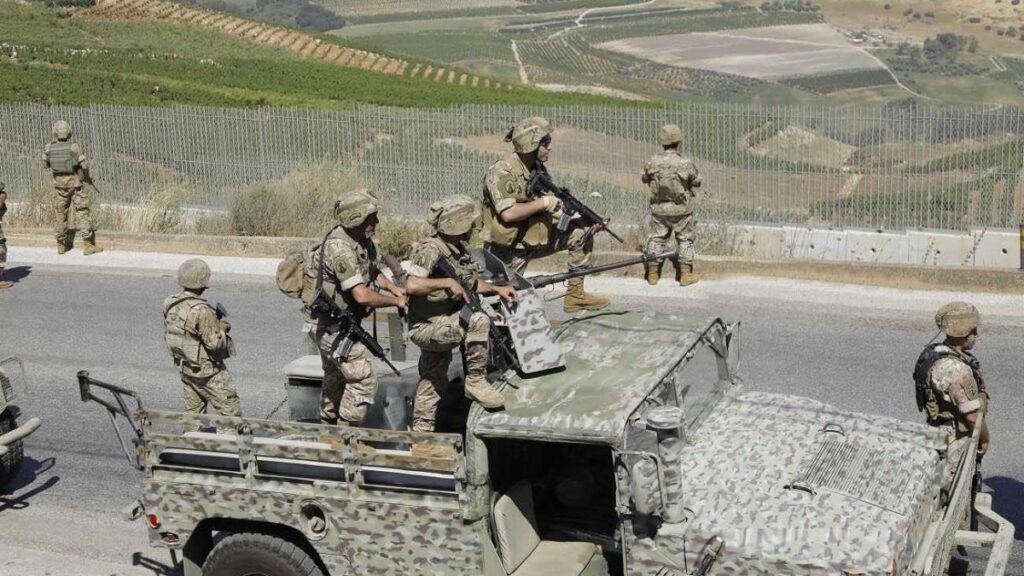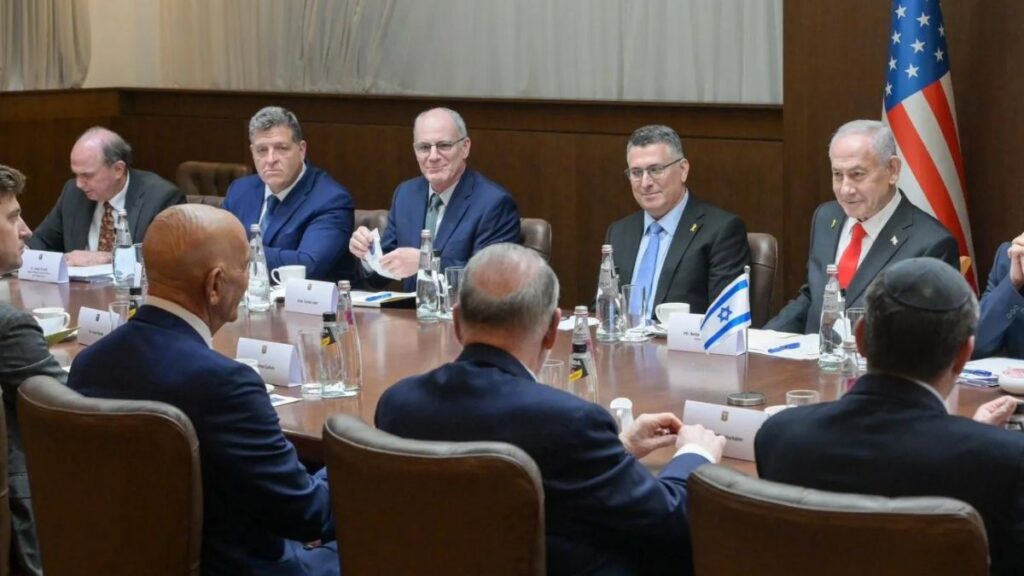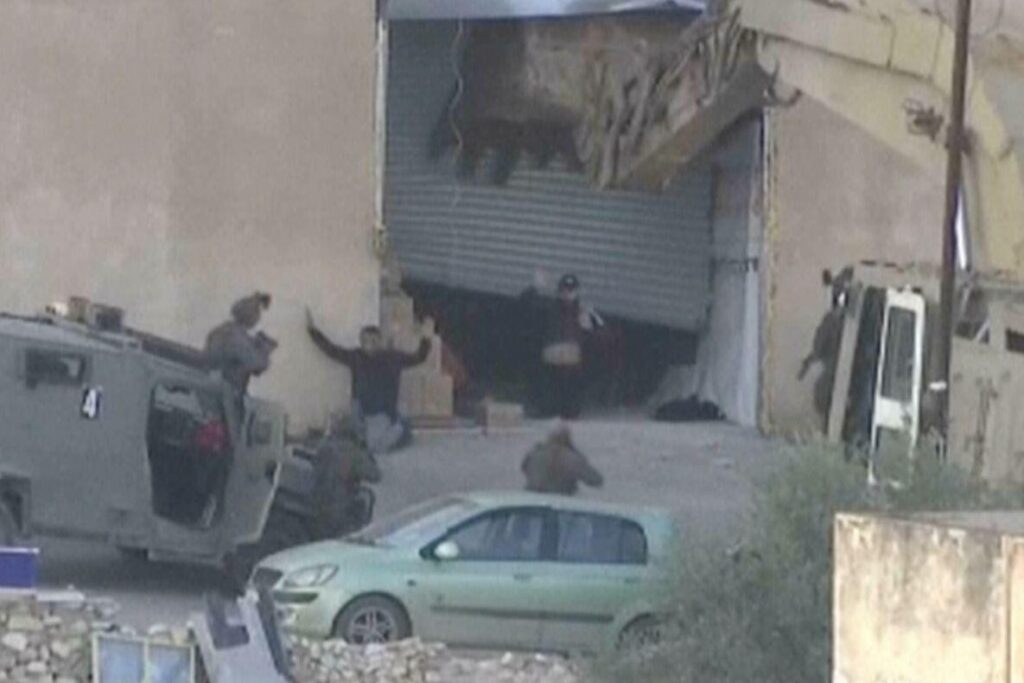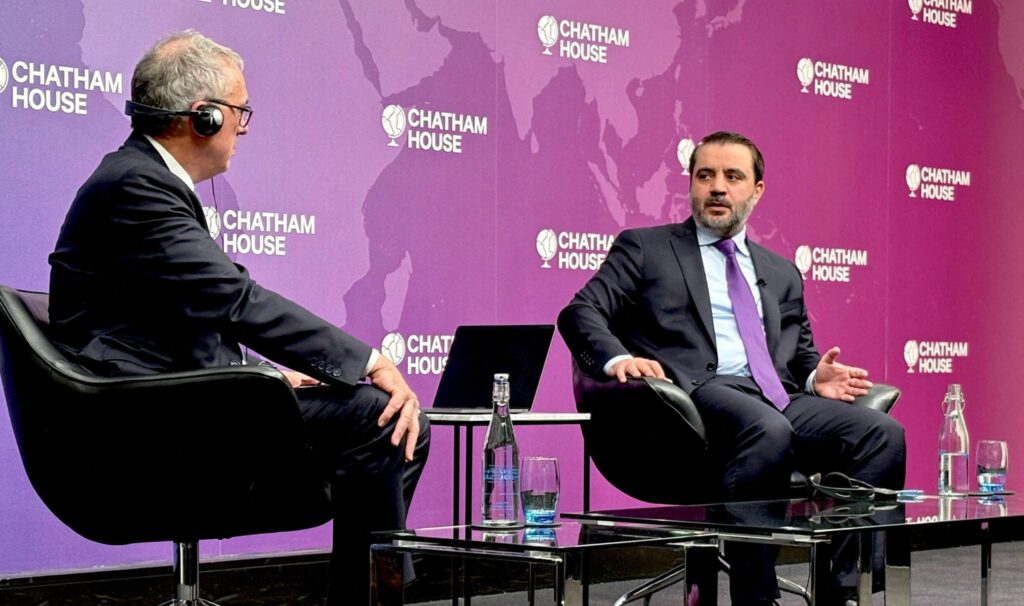Lebanon not doing enough to disarm Hezbollah despite army’s ‘operational control,’ Israel says
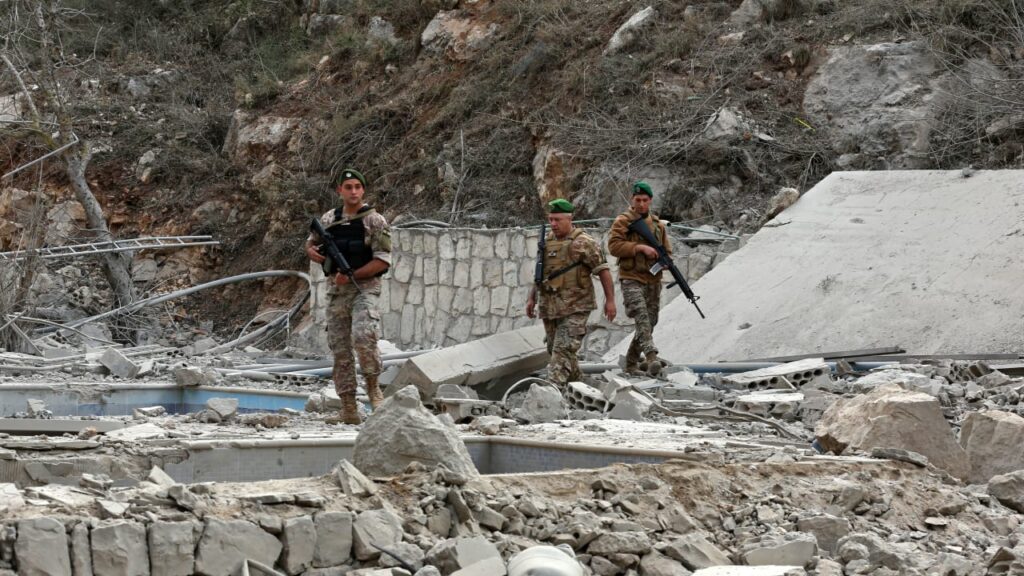
The statement reaffirmed the army’s commitment to being the sole actor responsible for maintaining security in Lebanon, with an emphasis on the area south of the Litani River
Lebanon’s government and army have not made sufficient efforts to disarm Hezbollah, and this is evidenced by the terror group’s efforts, with Iran’s help, to rearm and reestablish its infrastructure, Prime Minister Benjamin Netanyahu’s office stated on Thursday afternoon.

